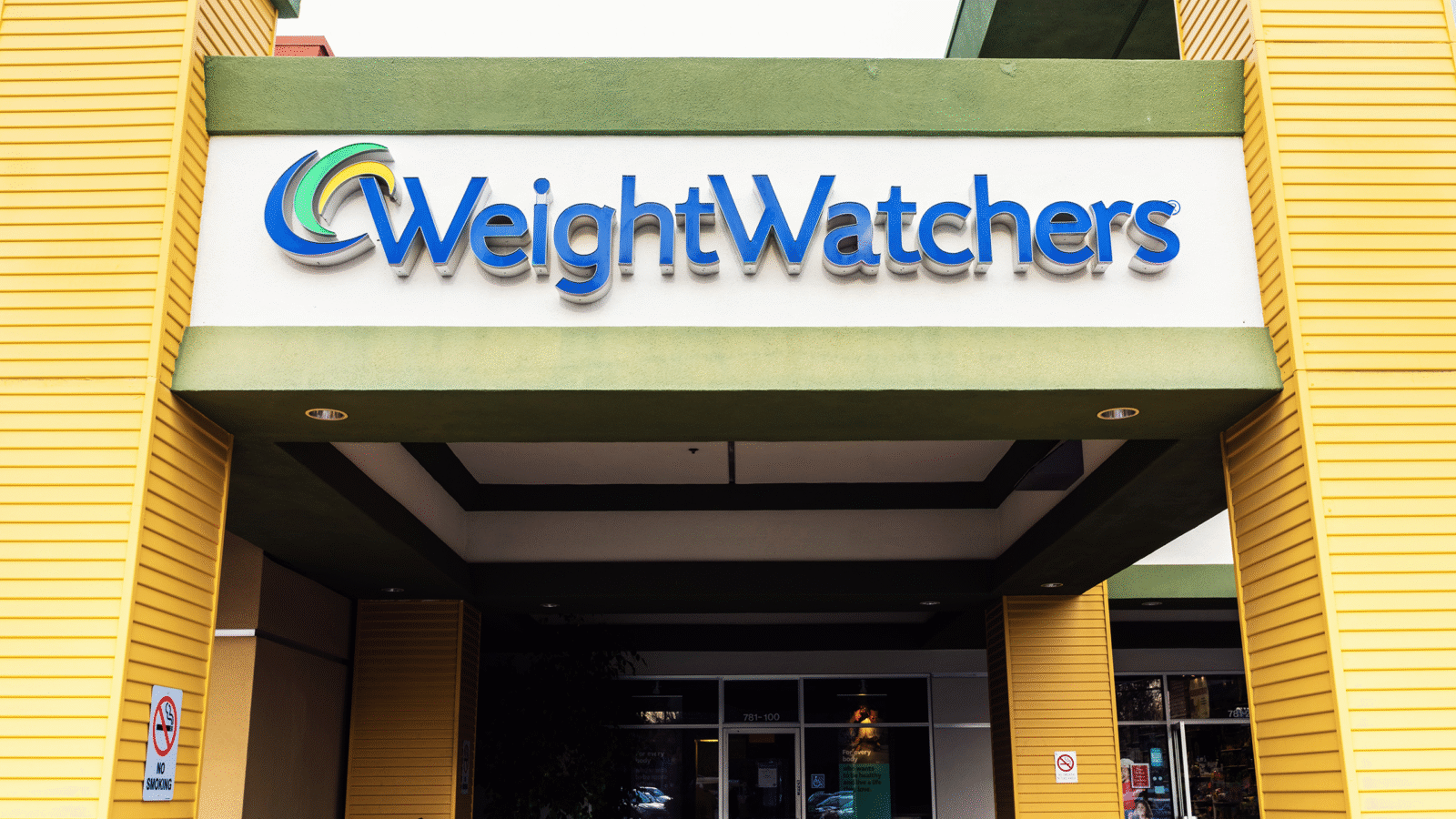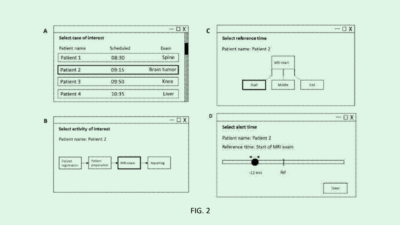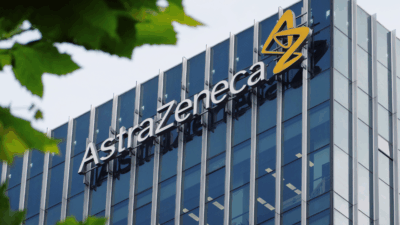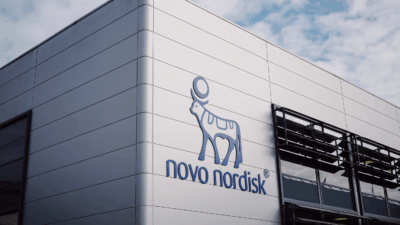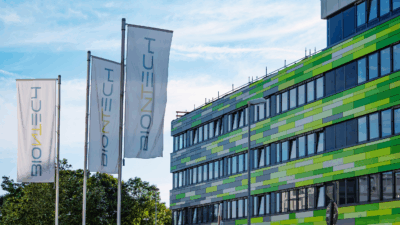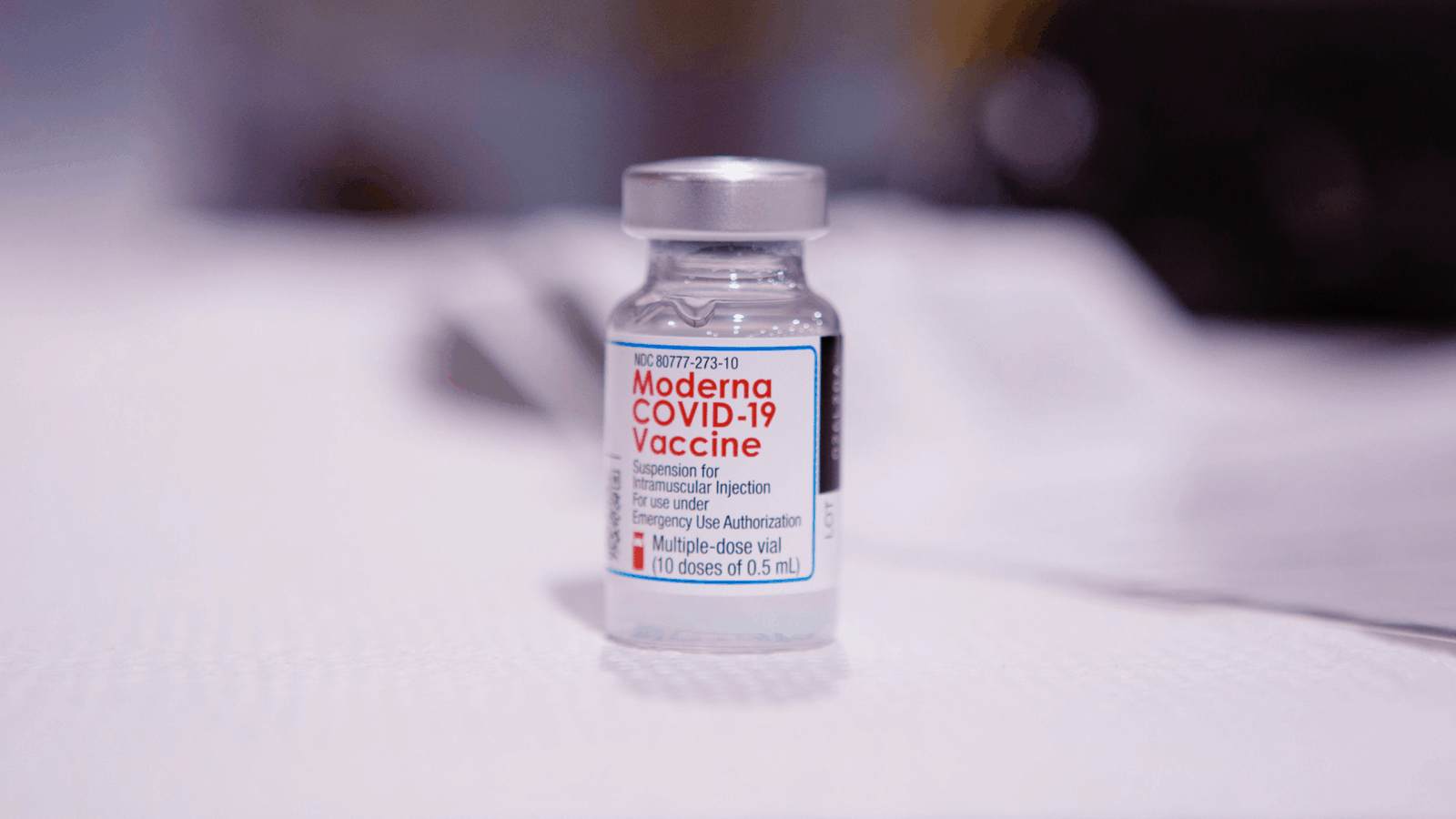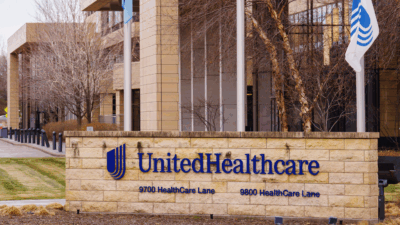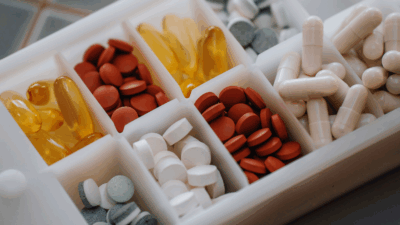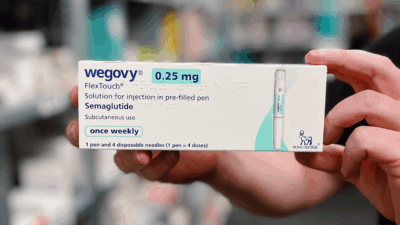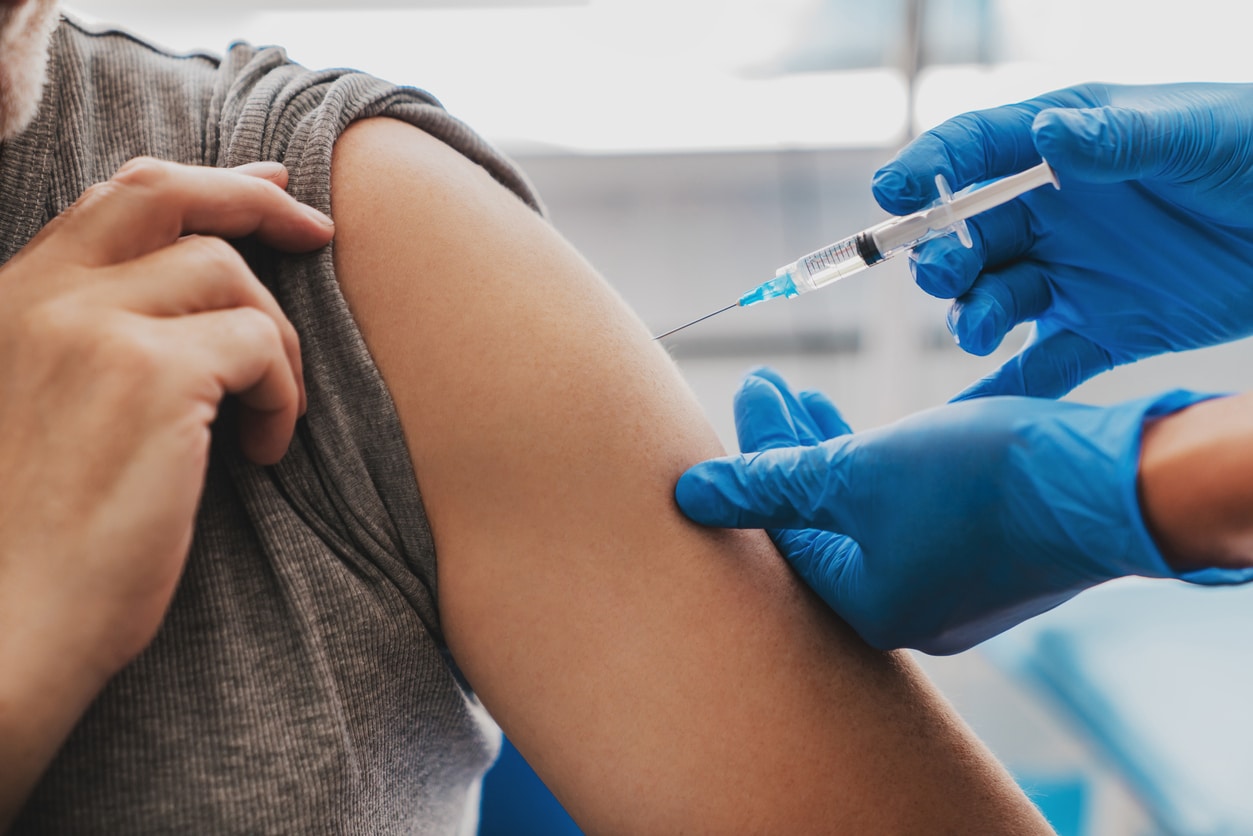
Sign up for smart news, insights, and analysis on the biggest financial stories of the day.
Rare is a story this unequivocally positive. A “practice-changing” drug developed by AstraZeneca and Japanese pharma giant Daiichi Sankyo has produced trial results that could transform the treatment of late-stage breast cancer.
Data showed the drug, called Enhertu, doubled progression-free survival rates (the length of time a tumor is either stable or shrinks) compared to traditional chemotherapy, and could apply to a wider patient group than initially thought.
Primo Over Chemo
Enhertu is a drug that targets a protein called HER2, which helps some cancers grow. The drug acts as an antibody and blocks the protein, which can slow or stop tumor growth. Originally, it was thought this treatment class would only work for cancer types with a high concentration of HER2, but that’s where this latest study — published in the New England Journal of Medicine — has oncologists feeling hopeful.
Enhertu improved survival rates in patients with metastatic breast cancer categorized as “HER2-low,” a type which represents roughly half of all late-stage breast cancer patients. Similar drugs have only proven effective against tumors that produce large amounts of the protein, leaving late-stage breast cancer patients to rely on arduous chemotherapy treatments. Ideally, no more:
- The study of 550 patients with low HER2 cancers found Enhertu kept their disease from worsening for an average of 10.1 months, nearly double the 5.4 months for patients treated with chemotherapy.
- The overall survival of patients using Enhertu was an average 23.9 months, compared to 17.5 months among those receiving standard treatment.
“This is not only a breakthrough, it is practice-changing,” Gilles Gallant, Daiichi’s head of oncology development, told the Financial Times.
On the Fast Track: Enhertu is already approved by the US Food and Drug Administration for late-stage breast cancer patients with tumors showing high levels of HER2. And it already has a market case: outside of Japan, the drug made $426 million in sales last year. AZ and Daiichi plan to immediately seek approval from regulators around the world to expand Enhertu as a treatment option to the new patient group, meaning it could be available in a matter of months. Good.
